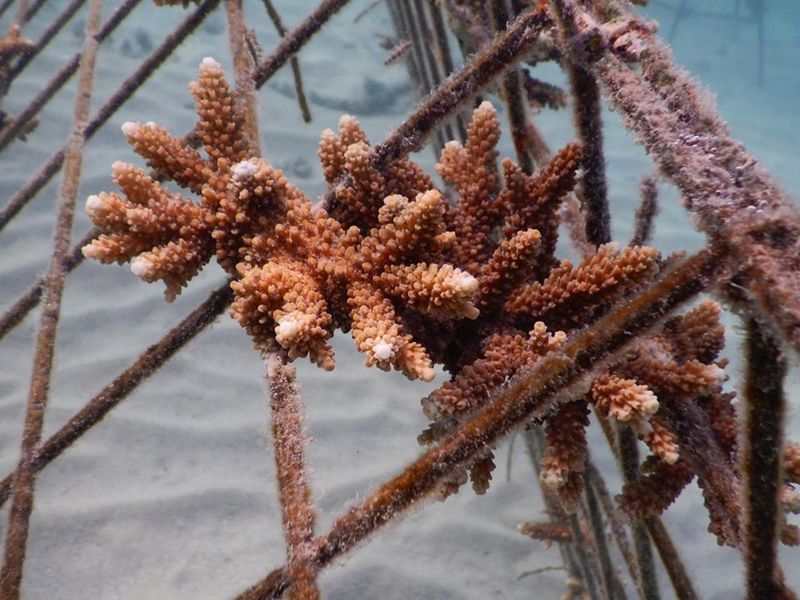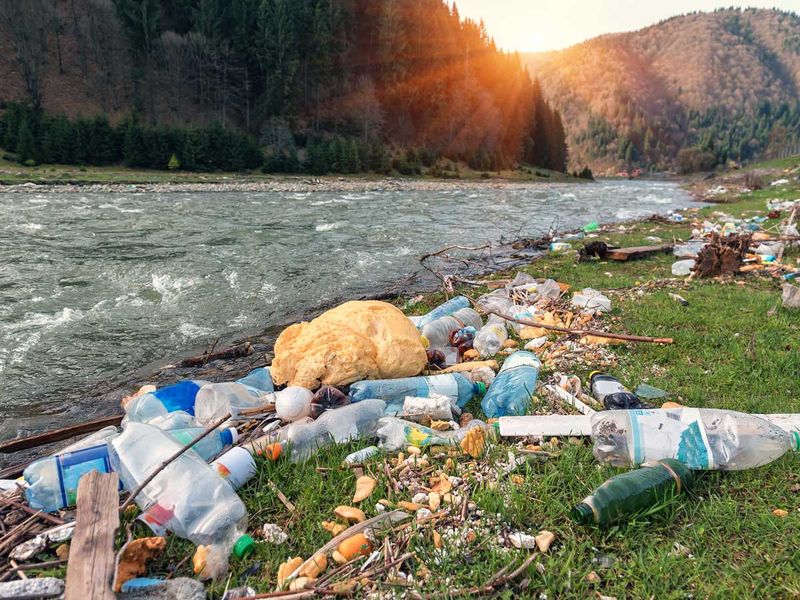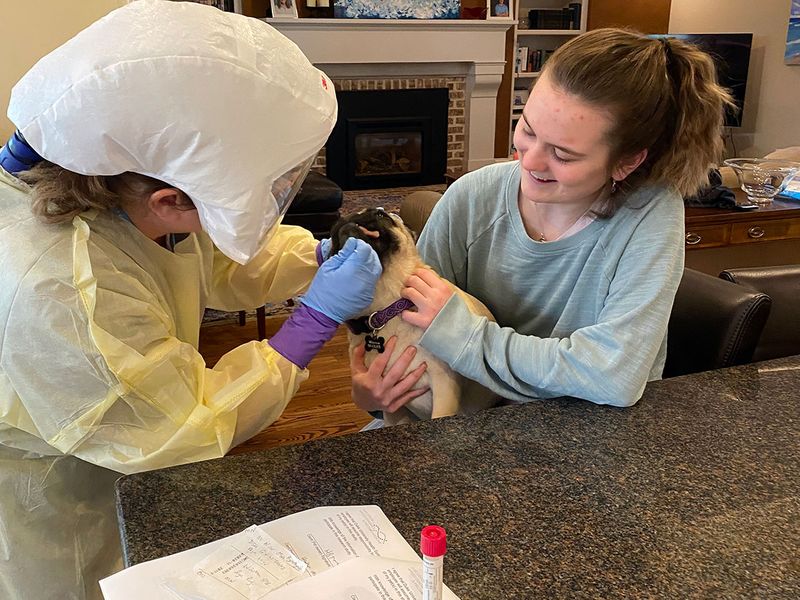_resources1_16a3106e43a_medium.jpg)
Plastic pollution is choking our oceans
Time and again humans are to be reminded that an impenetrable layer of pollution envelops the Earth (“Russia struggles to clean up Arctic river fuel spill”, Gulf News, June 4). It is that imperceptible monster which has robbed the Earth of its evergreen environment.
Yet, our intransigent species, which boasts to be the most evolved and advanced, has incessantly throttled its very kind along with others.
The need for development has eclipsed our sight such that we call a sea of plastic our home. We are ignorant towards the fact that we eat 70,000 microplastics every year, and still call ourselves ‘healthy’.
War is not one that is fought with canons; in fact, the Earth is at war with humankind. Plastics are the symbolical representation of human greed. They do not degrade easily, which is why the blue ocean is brimming with 4.5 trillion cigarette butts, 20 million bottle caps and other food wrappers.
Just as there is a variety of plastic products that vary in their usage, similarly, the damage caused by these plastic products are also varied. Unfortunately even the best healthcare industries fail to cure these deadly threats caused by plastic consumption. However, we shall not stand and hang our heads in shame, we shall form a cohesive team which will eradicate the use of plastics. By following some small steps, we can mitigate the usage of plastics.
Mankind is the flickering flame, which never has and never will extinguish, together we can combat the use of plastic.
From Ms Irtiqa Zafar
UAE

Reduce plastic and save the oceans
Over three billion people depend on marine and coastal biodiversity for their livelihood (“Abu Dhabi to be free of single-use plastic bags by 2021”, Gulf News, March 10). However, today we are seeing that 30 per cent of the world’s fish stock is being overexploited, reaching below the level at which they can produce sustainable yields. Oceans also absorb some per cent of the carbon dioxide produced by humans, and we are seeing a 26 per cent rise in ocean acidification since the beginning of industrial revolution. Marine pollution, an overwhelming majority of which comes from land-based sources, is reaching alarming levels, with an average of 13,000 pieces of plastic litter to be found on every square kilometer of ocean.
Marine species are becoming extinct with each passing day due to the presence of plastic materials present in the ocean. Over one million marine animals are killed every year due to plastic debris in the ocean. According to the United Nations (UN), at least 800 species worldwide are affected by marine debris, and as much as 80 per cent of that litter is plastic.
Single use plastic such as plastic water bottles and plastic bags are endangering marine animals. According to a recent study it has been found that single use plastic bottles are the third most commonly found debris in the oceans. How can we help this? We can invest in a refillable water bottle, carry sustainable cloth bags, reduce our plastic waste and recycle. Let us take a step forward in preserving our marine life.
From Mr Jerin Sam Jojy
UAE

Water pollution is killing marine life
June 8 is celebrated as World Oceans Day and it is a reminder that we need to protect the water bodies on our planet. This year, the theme is ‘Innovation for a sustainable ocean’. We are committed to protecting our oceans for future generations. Oceans are the lifelines for human survival, which connects people around the world. It regulates the climate.
Due to our extensive intervention, most oceans and seas are polluted by industrial waste and plastic. It not only endangers marine life but it is also harmful for other living beings. One of the basic reasons for climate change is the pollution of the oceans. Oil pollution by ships is another major factor, which poses as a major threat to life on Earth.
Let us not use plastic or throw any waste into water bodies. We need to educate our families and friends and teach them the importance of protecting our oceans. This earth does not only belongs to the present generation, but also belongs to future generations.
I stay near the beach in my hometown in Kerala, India and have always loved to see the sunset. After each passing year, I can see the beaches getting more polluted. There is a decline in fish and crabs, and the vast stretch of sandy beach is slowly disappearing. The colour of the sea itself has changed due to pollution from nearby factories. Still, I love to bathe in the sea whenever I go there for vacation. Let’s protect the oceans and help restore them.
From Mr Eappen Elias
Dubai

UAE’s COVID-19 fight
The UAE has done a lot to educate and increase the awareness of COVID-19 (“Coronavirus: 221 people fined at Dubai beaches in one day”, Gulf News, June 7). They have put restrictions in place and have made people gradually get used to wearing masks and social distancing. They are now re-opening sectors of the country to make it easy for us to live our normal lives and buy essentials. They are paying tons of money to provide testing and treatment to those affected by COVID-19. We have to appreciate this and be responsible for our health. We have to appreciate what the government is doing to keep us safe and take responsibility by sticking to the rules and stop the spread of coronavirus.
From Ms Tameem Hasan M.
UAE
Facebook comment
UAE: Helping residents during COVID-19
I just want to mention the effort being taken by Gulf News and its correspondent in regard to the interview conducted with the General Directorate of Residence and Foreigners Affairs (GDRFA) (“COVID-19: All you need to know about UAE residency visas and stranded residents”, www.gulfnews.com, June 7). It was clear and the answers given were polite and would have helped many expatriates who are worried about their visa status. Honestly, the Government of UAE and the Dubai Government is taking every possible step in comforting, taking care and simplifying the lives of every one living here, especially in these tough times. My humble regards to everyone concerned.
From Mr Chris Kay
UAE
Editor’s note: Is there a news report that you feel strongly about? Something that has to be addressed in the community and requires resolution? Email us on readers@gulfnews.com. You can also post a comment on our Facebook page or tweet to us @GNReaders








